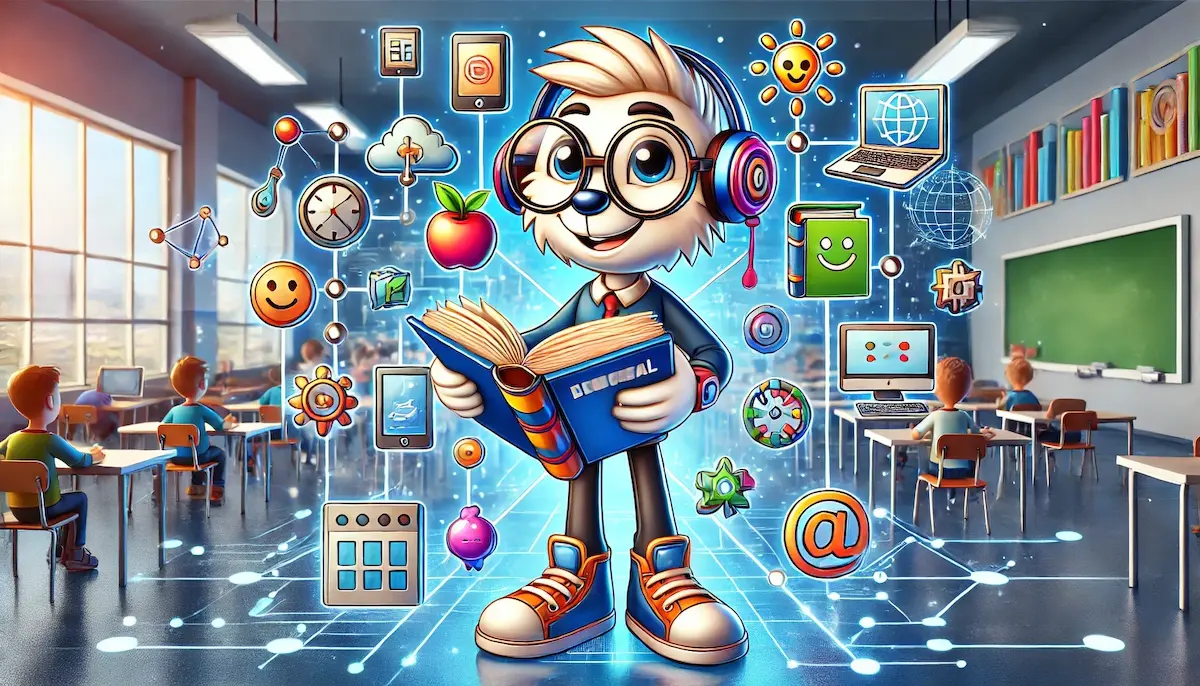Digital literacy is the ability to effectively and critically navigate, evaluate, and create information using a range of digital technologies. It encompasses a variety of skills, from basic technical abilities to advanced problem-solving and critical thinking in digital contexts. As the world becomes increasingly digital, digital literacy is essential for full participation in society, the economy, and the modern workplace.
Key Components of Digital Literacy
Technical Skills
Technical skills form the foundation of digital literacy. These include the ability to use digital devices such as computers, smartphones, and tablets, as well as proficiency in using software applications, web browsers, and various online platforms.
Information Literacy
Information literacy involves the ability to locate, evaluate, and use information effectively. This includes understanding how to search for information online, assess the credibility and relevance of sources, and synthesize information from multiple sources.
Media Literacy
Media literacy is the ability to critically analyze and create media in various forms. This includes understanding the role of media in society, recognizing bias and misinformation, and creating content that effectively communicates a message.
Communication Skills
Digital communication skills involve using digital tools to communicate effectively. This includes email, social media, video conferencing, and other forms of online communication. It also encompasses understanding digital etiquette and the ability to collaborate online.
Problem-Solving and Critical Thinking
Digital literacy requires the ability to solve problems and think critically in digital environments. This includes troubleshooting technical issues, understanding and applying digital security practices, and making informed decisions based on digital information.
Digital Citizenship
Digital citizenship refers to the responsible use of technology to engage in society, politics, and the economy. It includes understanding the ethical implications of technology use, protecting one’s digital identity, and participating in digital communities in a respectful and constructive manner.
Importance of Digital Literacy
Employment and Economic Opportunities
Digital literacy is increasingly important in the job market, as many jobs require basic to advanced digital skills. Proficiency in digital tools can enhance productivity, open up new career opportunities, and support economic mobility.
Education
Digital literacy is essential for modern education. Students need digital skills to access online learning resources, complete assignments, and collaborate with peers. Educators also need digital literacy to effectively integrate technology into their teaching practices.
Access to Information
Digital literacy empowers individuals to access a vast array of information and resources online. This can enhance personal development, support informed decision-making, and facilitate lifelong learning.
Social Inclusion
Digital literacy promotes social inclusion by enabling individuals to participate in digital communities, stay connected with family and friends, and engage in civic activities. It helps bridge the digital divide and ensures that everyone can benefit from digital technologies.
Safety and Security
Understanding digital security practices is a crucial aspect of digital literacy. This includes protecting personal information, recognizing phishing and other online scams, and understanding how to use privacy settings on social media and other platforms.
Strategies to Enhance Digital Literacy
Education and Training Programs
Offering digital literacy education and training programs in schools, community centers, and workplaces can help individuals develop essential digital skills. These programs should be inclusive, catering to different age groups, skill levels, and learning preferences.
Access to Technology
Ensuring access to affordable and reliable digital devices and internet connectivity is a fundamental step in promoting digital literacy. This can involve public initiatives to provide free or low-cost devices and internet access in underserved communities.
Online Resources and Tutorials
Providing access to online resources, tutorials, and courses can help individuals improve their digital literacy at their own pace. Many organizations and educational institutions offer free or low-cost online courses in digital skills.
Public Awareness Campaigns
Public awareness campaigns can highlight the importance of digital literacy and encourage individuals to seek out learning opportunities. These campaigns can also promote safe and responsible technology use.
Collaboration Between Stakeholders
Collaboration between governments, educational institutions, non-profits, and the private sector can enhance digital literacy efforts. By working together, these stakeholders can develop comprehensive strategies and leverage resources to reach a broader audience.
Conclusion
Digital literacy is a vital skill set in the modern world, enabling individuals to navigate, evaluate, and create information using digital technologies. It encompasses a range of competencies, from technical skills to critical thinking and digital citizenship. Enhancing digital literacy is crucial for personal development, economic opportunity, and social inclusion. By prioritizing digital literacy education and ensuring access to technology, we can empower individuals to participate fully in the digital society.
Blockfine thanks you for reading and hopes you found this article helpful.
